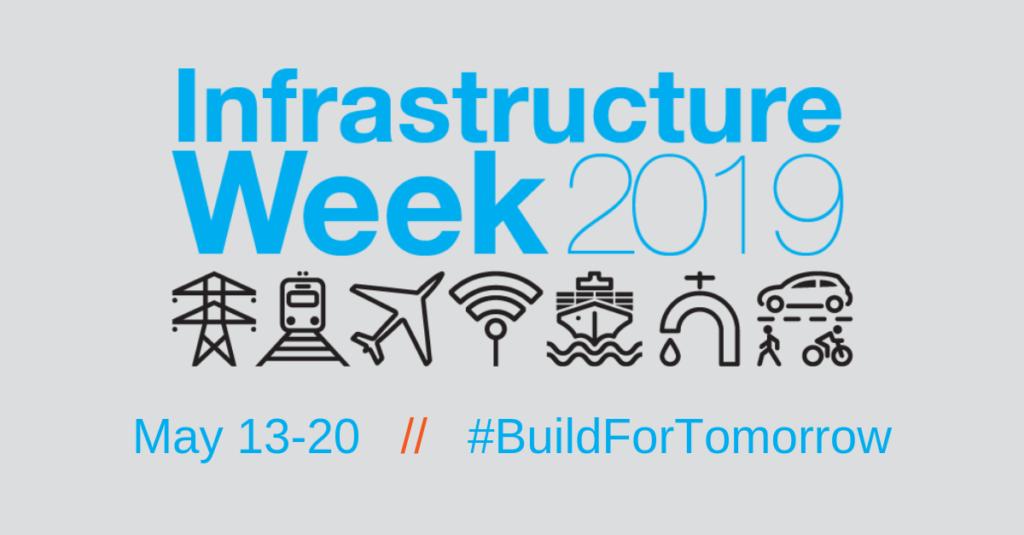
Bent rims. Broken springs. Bridges and roads unfit for drivers. Search #FTDR (short for “Fix the Damn Roads”) on social media, and you’ll find countless stories from Michiganders who are paying the price of crumbling, potholed roads and highways.
Michigan’s roads cost the average driver more than $640 every year, and not a cent of that goes toward actually fixing the problem. The state of Michigan’s infrastructure is downright dangerous. School buses full of kids cross bridges held up with temporary supports. Chunks of concrete from overpasses fly into windshields, causing injuries. We’re running out of time to act.
Unfortunately, nightmare bridges and roads are just one example of how underinvestment in infrastructure hurts working families—and not just in Michigan. Many of America’s transit systems, airports, railways and ports—once a point of deep pride for our country—are sorely outdated and can barely keep up with demand.
As a result, Americans from all walks of life are suffering. Office workers endure grueling, hourslong commutes to and from work. Air travelers experience increasingly long lines at our nation’s airports. Small business owners face delays getting their goods to market. And those unable to afford vehicles find it difficult to access reliable transit options.
These experiences add up to a national crisis. Failing to act on infrastructure makes the United States less competitive than 15 of our major trading partners and could cost us 2.5 million jobs by 2025.
This Infrastructure Week, we’re calling on Congress to invest in our nation’s roads, bridges, schools and more. For every dollar spent on public infrastructure, we get $3.70 back in economic growth. That’s a phenomenal return on investment, putting an additional $1,400 per year back into the pockets of everyday Americans.
A robust federal investment would ensure safe roads, sturdy bridges, clean drinking water, quality public schools, dependable transit systems and ports that can keep up with global demand. The package we need wouldn’t just address our current shortfall, but would help propel America forward as a global leader in the technologies and infrastructure of the future, such as high-speed rail and smart utilities.
Improving our infrastructure also will help our families and communities by creating good-paying, family-sustaining jobs, lowering unemployment, raising wages and reducing inequality. This virtuous growth cycle can usher in a new era of broadly shared prosperity and, in turn, provide equality and justice within our communities. Without it, countless working families will be left to suffer the consequences—something Michigan knows all too well.
Last month marked five years since the Flint water crisis began. Michigan’s recent proposal for a $120 million investment to replace lead service lines and clean up contaminated water is a critical step forward. What’s more, it would immediately put hundreds of women and men to work in good-paying union jobs across the state, replacing and building pipelines so this never happens again.
Many of these jobs in infrastructure begin with a union apprenticeship. Workers receive education and on-the-job training—often at little or no cost—and afterward, they receive a career filled with dignity, opportunity, advancement and no debt.
These workers are willing and able to tackle the enormity of our nation’s crumbling infrastructure crisis. But, like Michiganders and all Americans, they are waiting for the federal government to act.
While Washington debates its next move, American families are footing the bill—paying more than $3,000 every year for government inaction—and wasting the equivalent of four full days a year sitting in unnecessary traffic.
Michigan and other states are stepping up to fill in the gaps where they can, but we need federal leadership to get the job done. With 79% of Americans agreeing that it’s extremely important to invest in infrastructure, Congress and the administration are out of excuses.
It’s time to fix the damn roads.
This post originally appeared in the Lansing State Journal.

